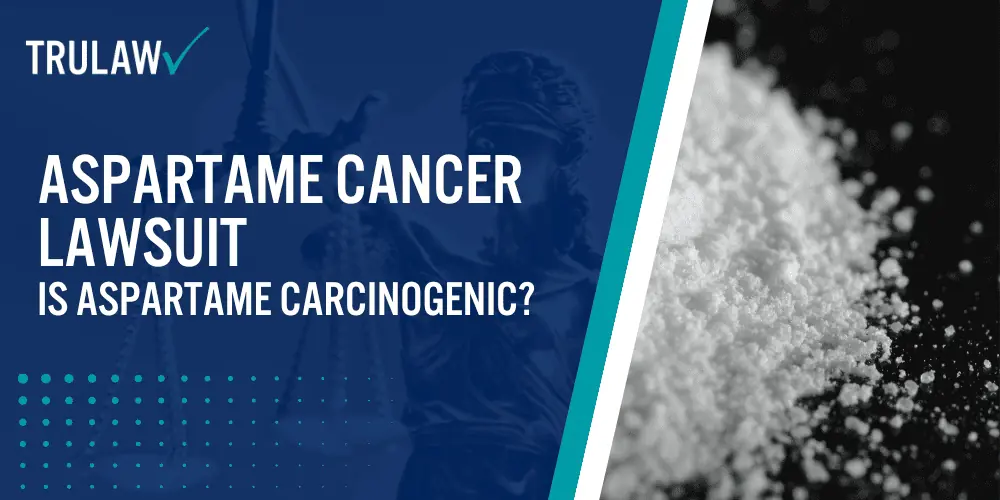Aspartame is a popular artificial sweetener or food additive that has been ever-present in the food industry since the 1980s.
Aspartame is chemically composed of aspartic acid and phenylalanine, which are amino acids.
The sweetening power of aspartame is much greater than that of sugar, allowing for its use in smaller quantities to achieve the desired level of sweetness.
It is estimated to be approximately 200 times sweeter than sucrose (table sugar).
Due to its intense sweetness, only small amounts of aspartame are needed to achieve the desired taste, resulting in significantly fewer calories.
Since its approval by the FDA, it has been incorporated into a wide range of consumer products, including diet sodas, sugar-free desserts, chewing gum, and various other food and beverage items.
The approval of aspartame opened up new possibilities for providing a sweet taste in products while reducing overall sugar content and calorie intake.
Aspartame is considered safe for consumption by regulatory agencies, such as the FDA and the European Food Safety Authority (EFSA), when used within the acceptable daily intake (ADI) limits established by these organizations.
Aspartame has been the subject of ongoing debate and research regarding its potential to cause cancer and other health problems, with conflicting findings and inconclusive evidence necessitating further investigation.
What is Aspartame In?
Aspartame is commonly found in various products, including beverages, chewing gum, and toothpaste, and has been reviewed by the US Food and Drug Administration (FDA), which considers it safe for the general population.
Products that may contain aspartame include:
- Diet sodas, such as Diet Coke, Diet Pepsi, and Sprite Zero
- Sugar-free or “light” versions of soft drinks and carbonated beverages
- Sugar-free or “diet” fruit-flavored drinks
- Powdered drink mixes and instant iced tea mixes labeled as sugar-free or low-calorie
- Sugar-free or “light” yogurt and yogurt-based products
- Sugar-free or “diet” chewing gum
- Sugar-free or “lite” desserts and puddings
- Sugar-free or “no sugar added” ice cream and frozen desserts
- Sugar-free or “diet” candies and mints
- Some toothpaste and oral care products labeled as sugar-free or low-sugar
- Low-calorie or sugar-free salad dressings and condiments
- Sugar-free or “diet” syrups for coffee or pancakes
- Sugar-free or “lite” breakfast cereals
- Sugar-free or “no sugar added” baked goods and pastries
- Some sugar-free or “light” energy drinks
- Sugar-free or “diet” protein bars and shakes
- Some over-the-counter medications, such as cough drops and throat lozenges labeled as sugar-free or low-calorie
- Some vitamin and dietary supplements labeled as sugar-free or low-calorie










